Under the Paris Agreement, states submit Nationally Determined Contributions (NDCs) outlining their commitments to reducing emissions. These documents are important window in the international politicization of climate change policy.
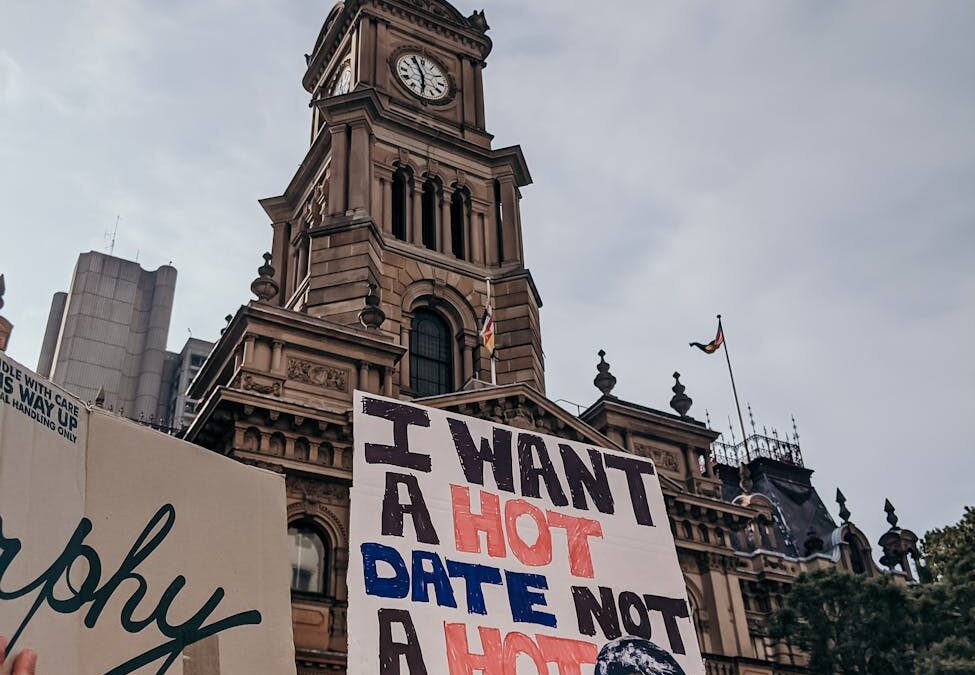

Under the Paris Agreement, states submit Nationally Determined Contributions (NDCs) outlining their commitments to reducing emissions. These documents are important window in the international politicization of climate change policy.

Earlier this week, a boat carrying migrants fleeing Afghanistan sank in the English Channel, killing six. Earlier this month, 41 died after a ship sailing from Tunisia sank near Italy. There are...
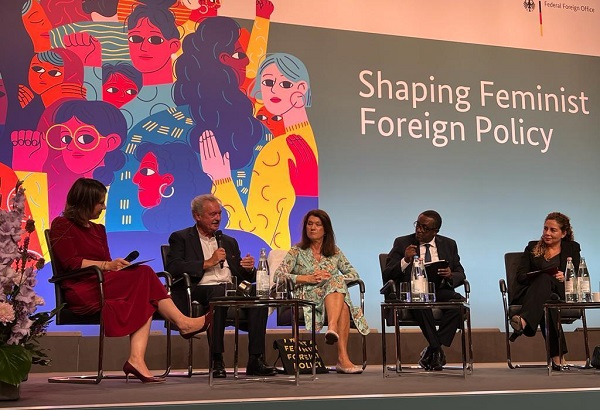
Feminist foreign policies (FFP) are considered the latest contribution of feminism to global governance. Eleven countries around the world have embraced FFP, aiming to “systematically integrate a...
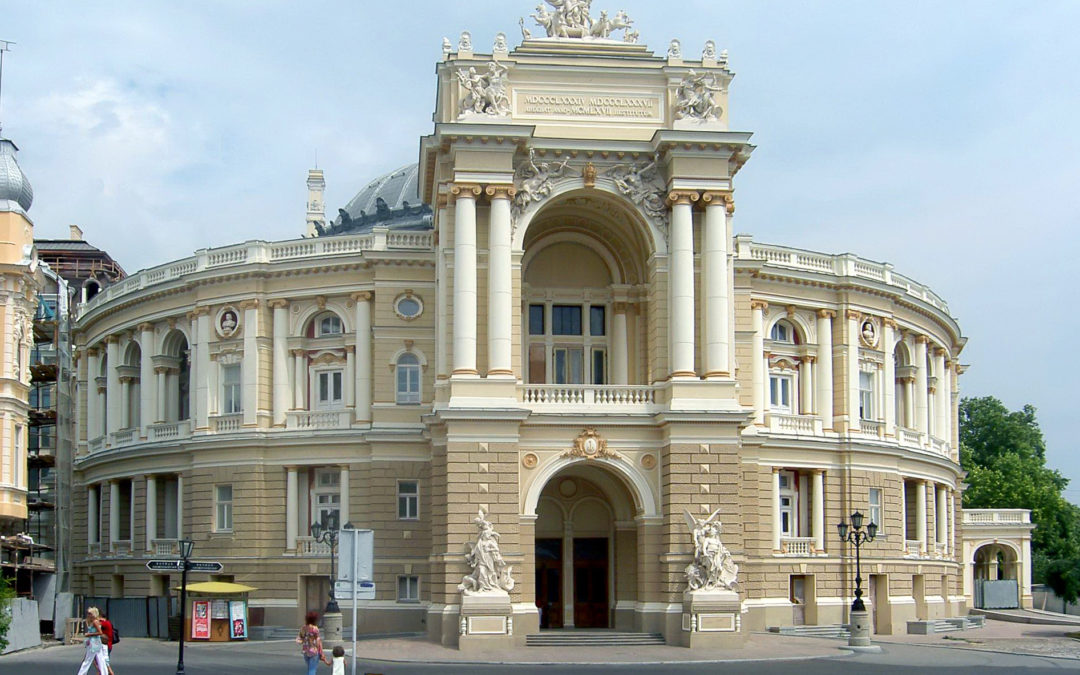
The Convention Concerning the Protection of World Cultural and Natural Heritage (“The World Heritage Convention”) entered into force in 1975. The world heritage regime, in...
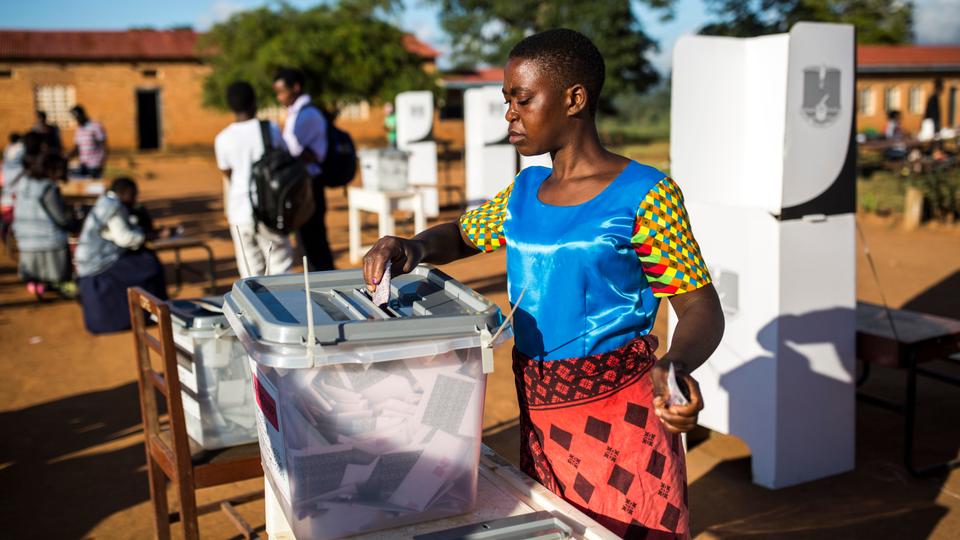
Election observation is at a turning point. Roughly 80-85% of elections around the world are subject to election observation. The majority of these are in Africa, Latin America, and Asia. While international election observation is important for democracy promotion and electoral integrity, it has undermined the agency of those being observed. A growing push for domestic observers highlights the importance of local involvement, expertise and accountability during the electoral process. My research is particularly interested in how African international organizations use election...
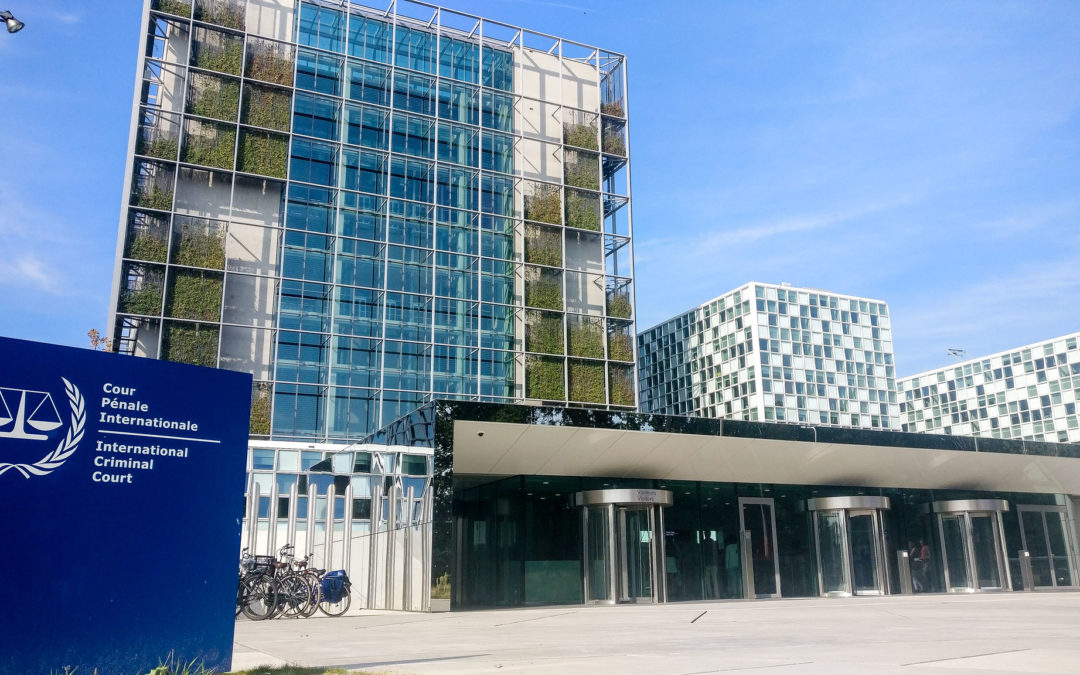
When it comes norm dynamics and how we theorize them, uncertainty presents something of a paradox. We study norms because we think that they matter. But if norms are inherently uncertain, then how is it possible that they constitute, constrain, and otherwise shape the behavior of global actors? Unless norms produce stable and defined expectations, then how can they have the power to structure international politics?
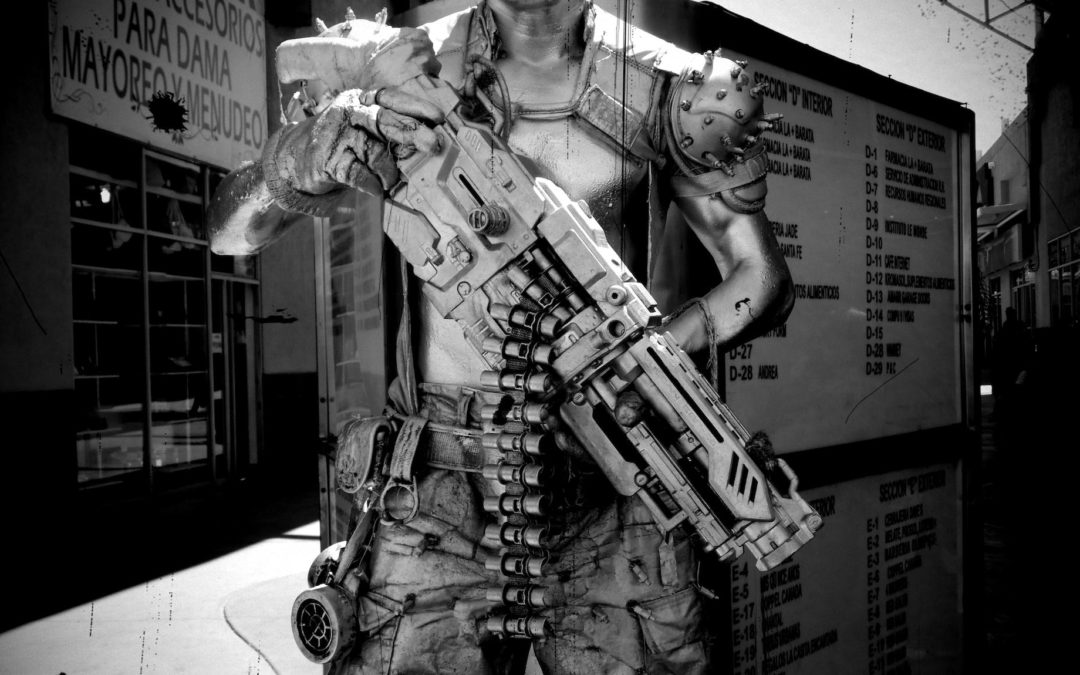
Since 2014 the international community has considered the issue of autonomy in weapons systems under the framework of the United Nations (UN) Convention on Certain Conventional Weapons (CCW). Despite hopes that 2022 would see some kind of breakthrough, the 2019 eleven guiding principles remains the only international agreement regarding lethal autonomous weapons systems (LAWS or AWS). Many believe that action is long overdue. The Campaign to Stop Killer Robots argues that: With ongoing uncertainties around technological change and instabilities in international security, a principled...

At the 1939 World Fair in New York City, the big attraction was "Futurama," an exhibition put on by the U.S. car manufacturer General Motors. Every visitor to Futurama received a souvenir — a small blue-white badge that read “I have seen the future.” That is, the future presented by (at the time) one of most influential companies in the world, one built around its main product: the automobile. Yet the exhibition wasn't exactly wrong. It was part of an effort to sell Americans on automobile-centric planning and development: its "theory of the future" produced a future (or, in current jargon,...
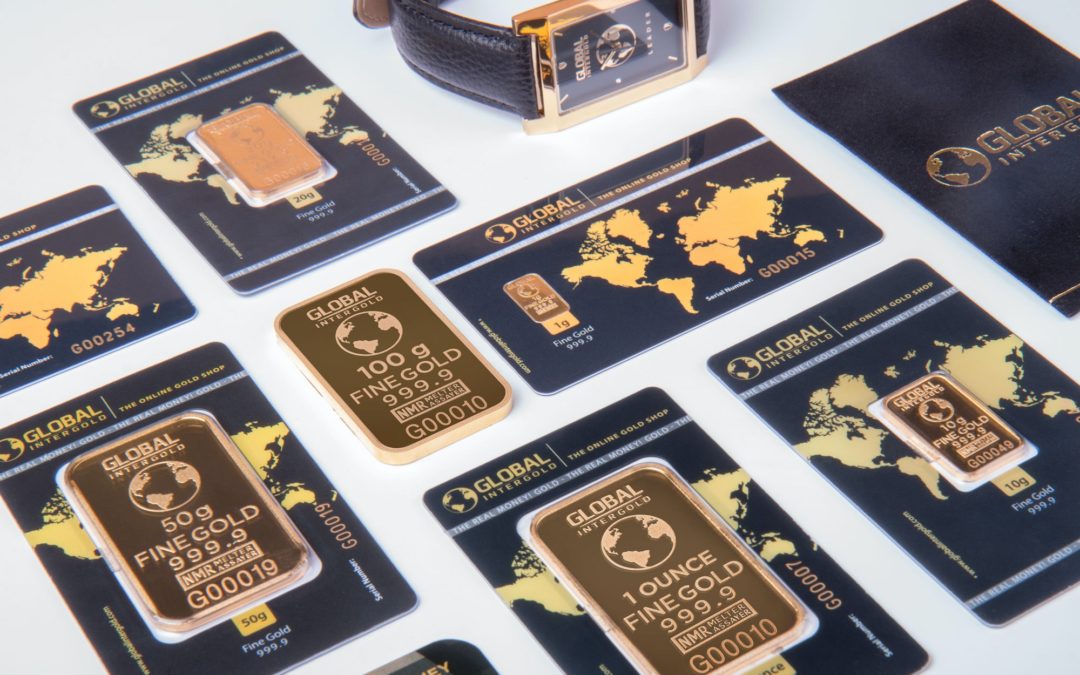
Dozens of regimes around the world are anti-liberal—autocratic to varying degrees—but also big fans of a "rules-based" international order, which for the past 50 years or so has been a neoliberal economic order. Not a coincidence. The reason an anti-liberal might also be a neoliberal seems rather obvious: Because they're kleptocrats and oligarchs who are getting paid! A regime doesn't need to embrace democracy in any meaningful sense in order to be a productive part of global capitalism. To the contrary, systematically suppressing collective and individual rights is a...
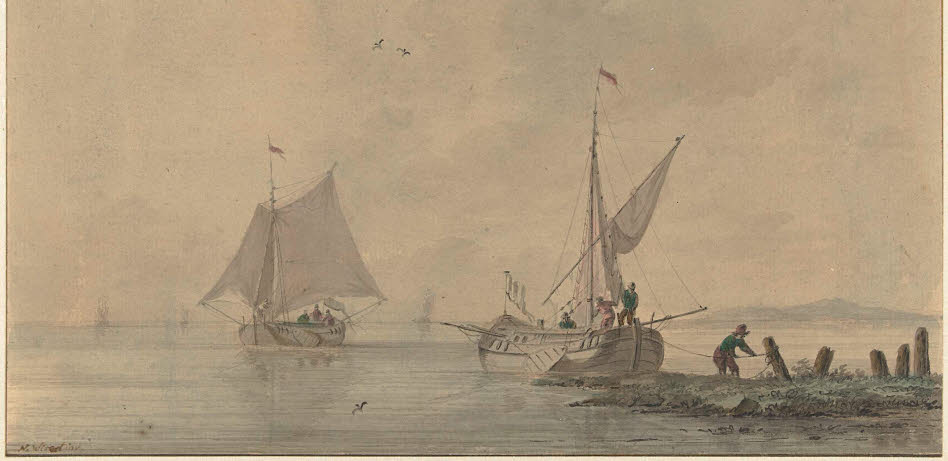
Rather than accept subordination to the Ming and Qing, Southeast Asian states contested Chinese international ordering in the early modern period.
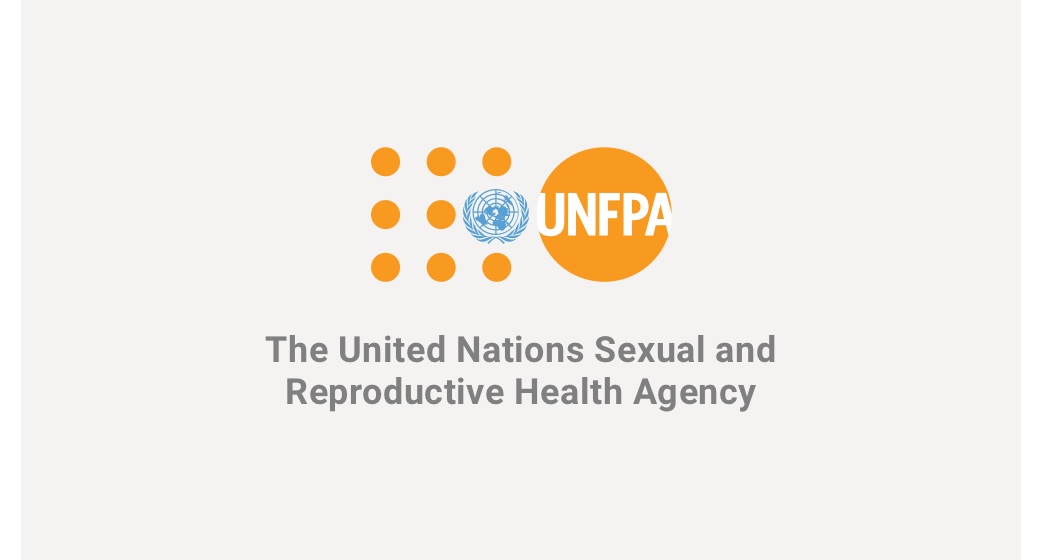
As long as international organizations have existed their relationships with their member states have been conflict-ridden. States use numerous methods to influence international organizations according to their interests or to contest the authority and policies of international organizations, including by reducing financial contribution, threatening withdrawal, and by actually exiting. Between 2014 and 2020, the United States cut its contributions to numerous international organizations, several African states threatened to withdraw from the International Criminal Court, and the United...
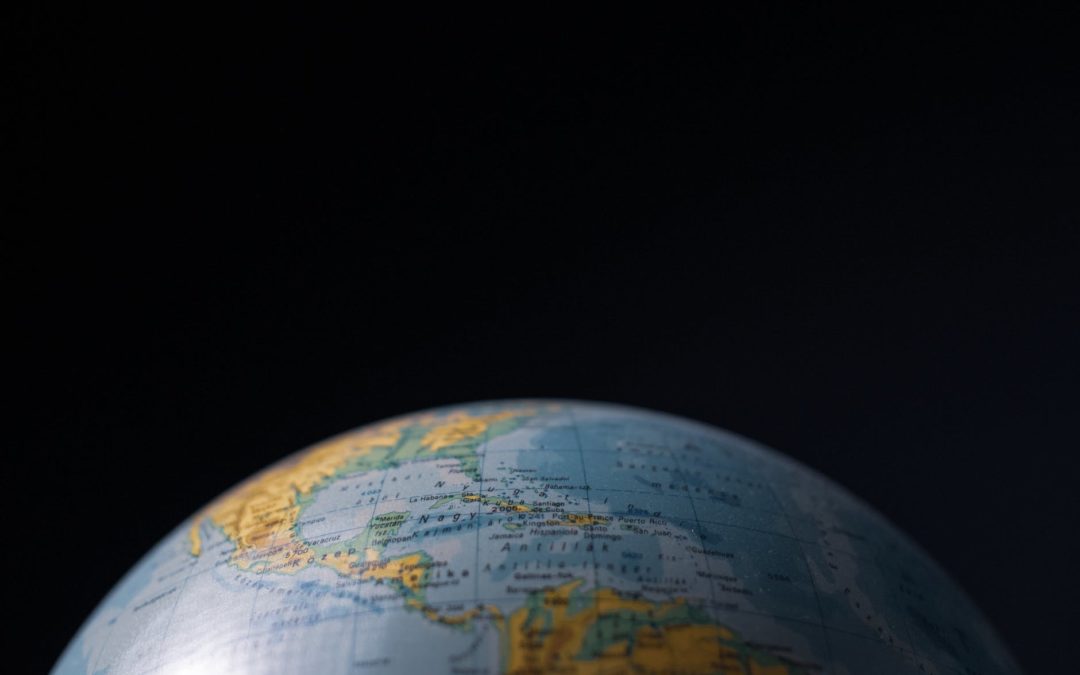
Whenever we talk about the liberal international order, we actually also talk about globalization. The former promoted international trade and financial liberalization , the spread of democracies, and the growth of global governance. These, in turn, promoted interdependence. Markers of global economic interdependence — such as global trade flows and global financial direct investment — increased. In integrating regions, and especially among advanced industrial democracies, boundaries lost political and cultural salience. Over the course of the 1990s, Europe took on new significance as an...